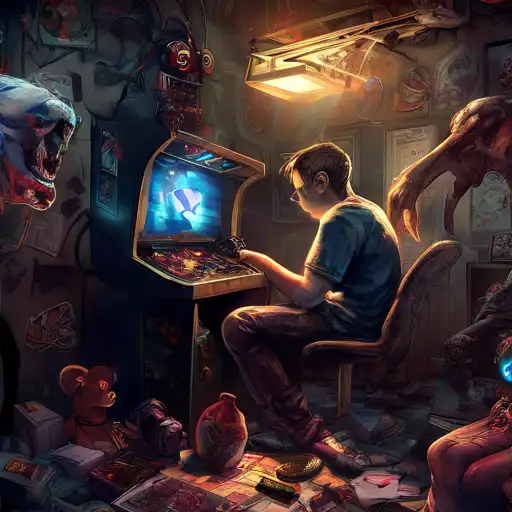The Psychological Triggers Behind Gaming Addiction
Gaming addiction, a growing concern in the digital age, is not just about spending excessive time playing games. It's a complex psychological issue that affects individuals differently. Understanding the psychology behind gaming addiction can help in identifying its triggers and finding effective ways to manage or prevent it.
What Makes Gaming Addictive?
At its core, gaming addiction stems from the way games are designed to engage the brain. Many games incorporate elements that trigger the brain's reward system, releasing dopamine, a neurotransmitter associated with pleasure and motivation. This can create a cycle of reward-seeking behavior that's hard to break.
The Role of Escapism
For many, gaming serves as an escape from reality. Whether it's stress, anxiety, or dissatisfaction with real life, games offer a world where individuals can achieve success and recognition, something they might feel is lacking in their everyday lives.
Social Connections in Virtual Worlds
Online multiplayer games provide a sense of community and belonging. For individuals who struggle with social interactions in the real world, these virtual connections can become a significant part of their social life, making it harder to step away.
Recognizing the Signs of Gaming Addiction
Identifying gaming addiction early can prevent it from taking over one's life. Signs include neglecting personal responsibilities, withdrawal symptoms when not playing, and a preoccupation with gaming that overshadows other interests.
Strategies for Managing Gaming Addiction
Managing gaming addiction involves setting boundaries, such as limiting playtime and ensuring that gaming doesn't interfere with daily responsibilities. Seeking professional help can also be beneficial for those who find it difficult to control their gaming habits.
For more insights into managing digital habits, explore our guide on digital wellness.
Conclusion
Understanding the psychology behind gaming addiction is the first step towards addressing it. By recognizing the triggers and implementing strategies to manage gaming habits, individuals can enjoy gaming in a healthy, balanced way.
